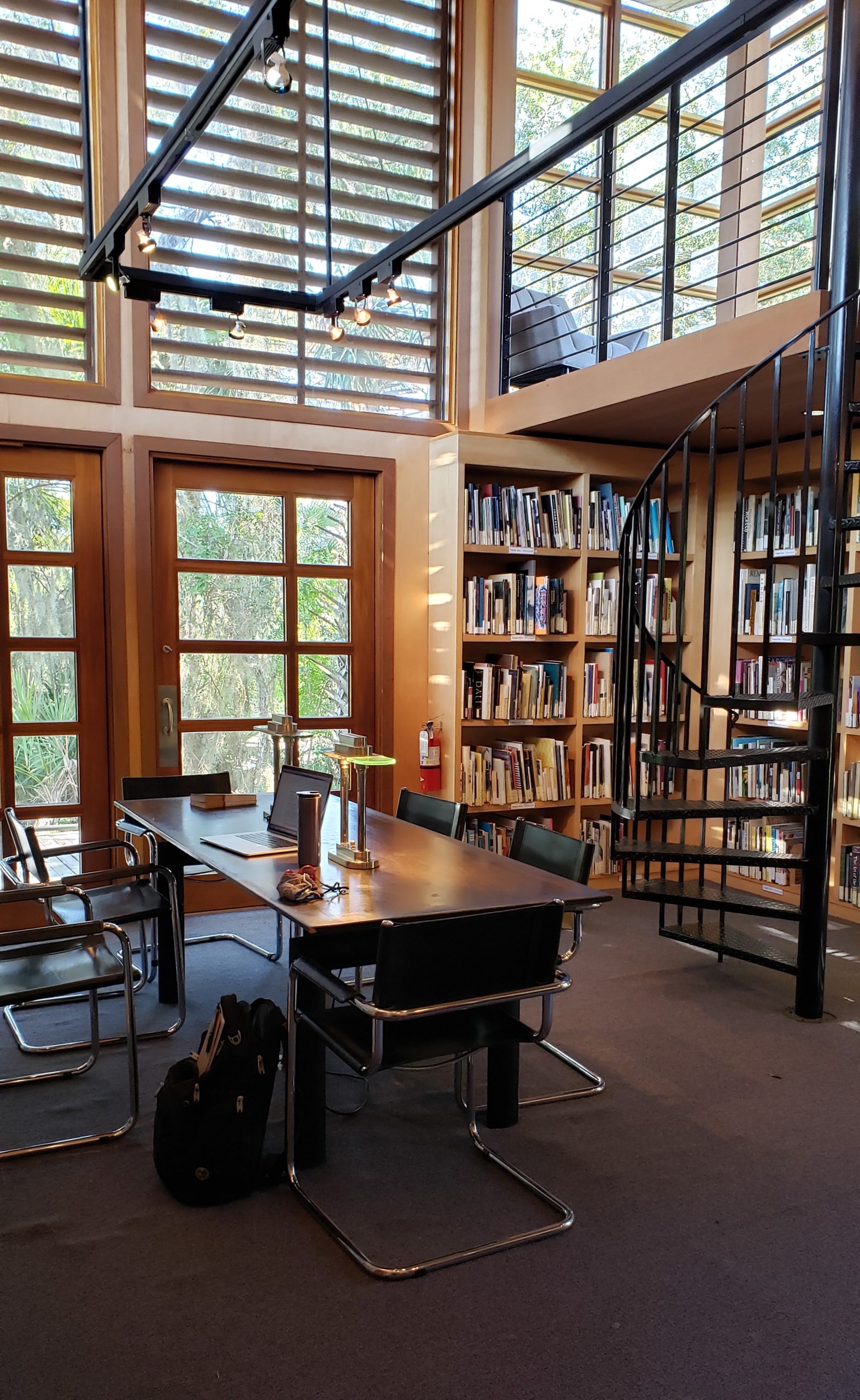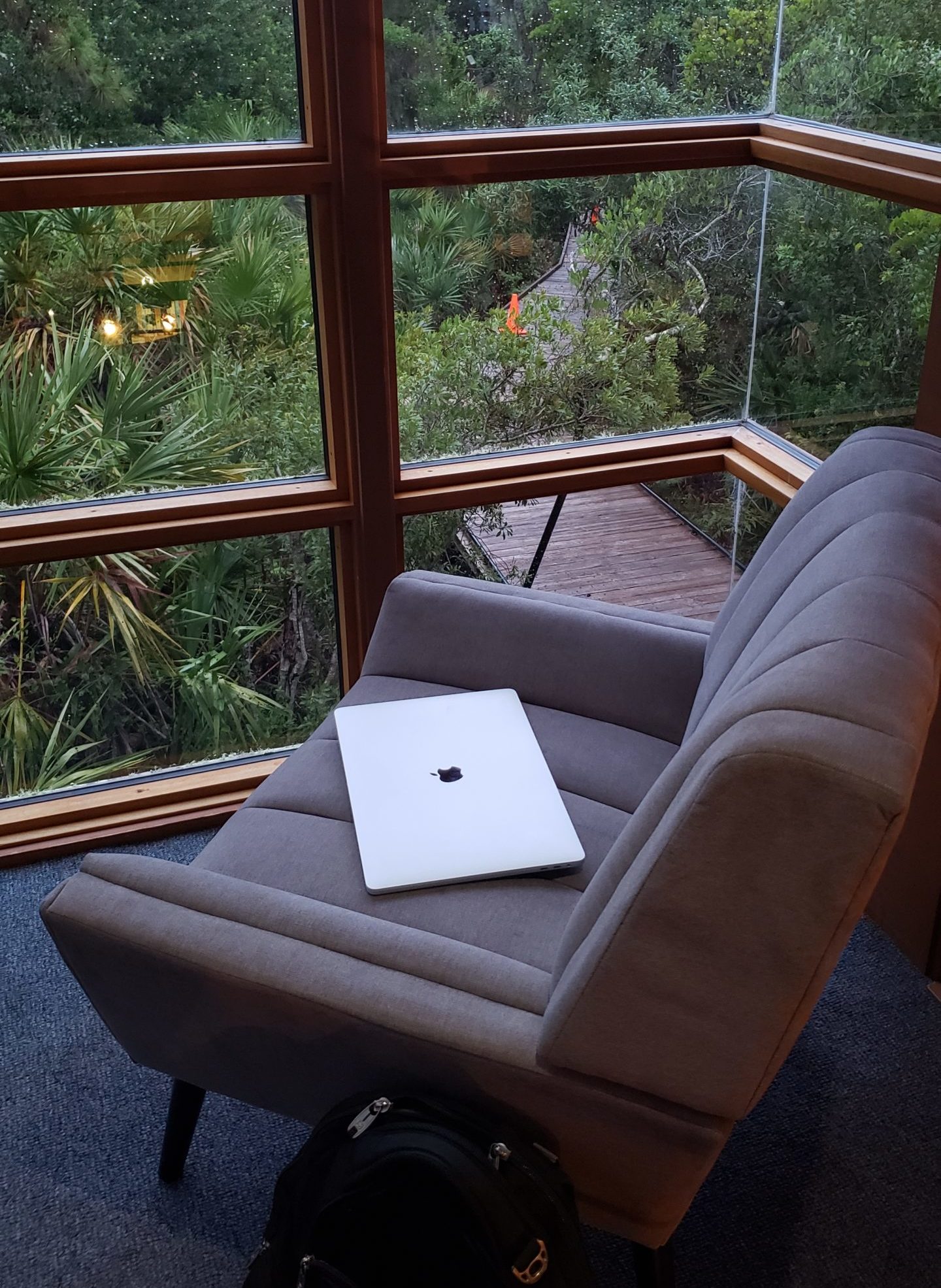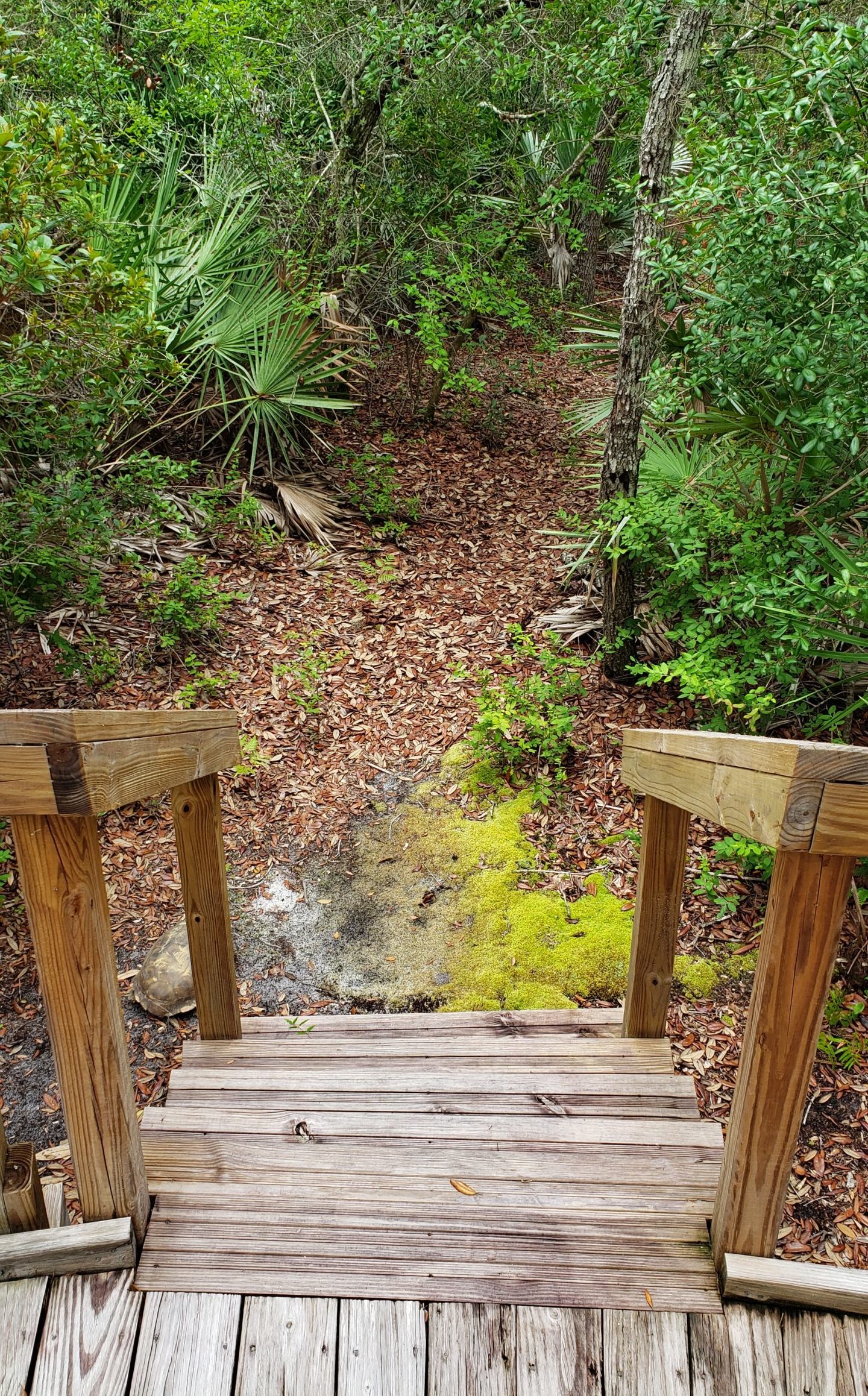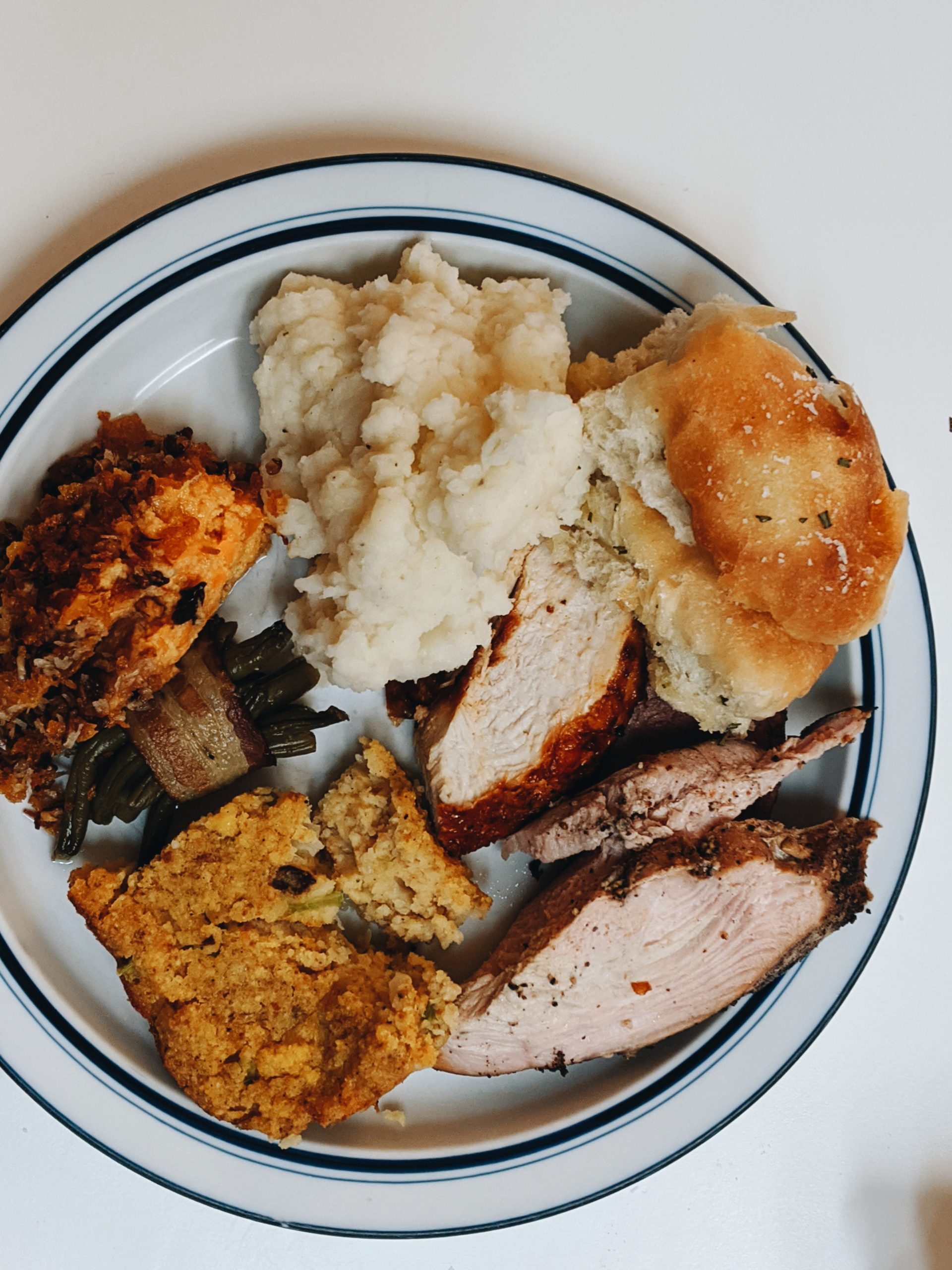Woof. As far as months go, this one has been stressful.
I’d like to claim it was good stress, the kind that causes me to dig deep and get things done, but mostly it was the kind that drains my energy and leaves writing time as struggle time.

Photo by Chester Ho on Unsplash
Other responsibilities, lots of piling work, emotional decisions, health concerns, invitations to socialize, and an overwhelming feeling of exhaustion all left me with a case of creative burnout. I struggled to translate thoughts into words. I felt like I didn’t have the time to devote to complicated projects. I was easily distracted and found making narrative decisions a challenge. Some days I looked at the open document and just sighed heavily and felt a gigantic “no” welling in my chest.
Those are tough feelings to carry as a creative, especially one working on their seventh consecutive year of daily writing!
But I am still working on that streak, so I was able to write, despite drawing from a creative well that felt scraped clean.
- One of my tried-and-true methods of writing when I’m feeling drained is to work on something easier. “Easier” for me often means blog and Patreon posts or other nonfiction writing. Sometimes it also means planning a novel, rather than drafting one. (Writing a synopsis that can meander and have terrible ideas is a lot easier than crafting scenes that have to connect.)
Frequently if I can get 10 or 20 minutes of the easier project done, I’ll feel warmed up enough to tackle the more complicated project, or I’ll have hit a word count that makes me feel comfortable spending time on a project that involves thought more than words. (This is the trade-off for having yearly and monthly word count goals, by the way.)
- Another method that frequently works is to grab a writing prompt and start something new. A writing prompt is a fresh start with no baggage. That level of freedom can be easier to interact with than a project I’ve been contemplating or working on for a long time. Sometimes those doors opening to an empty space feel more inviting than a half-decorated room, and it’s easier to put pen to page and draft some words to warm up for the day.
I admit, when I first started using prompts this way, I struggled with feeling like I was wasting my time because not all of those starts turn into finished stories. It required a shift in my thinking to allow myself room for creative play and to accept that sometimes what I need is free range across a blank page with no expectations—including no expectations of producing finished work. (That said, I have turned at least one prompt into a finished story in the last year, and there are a few others I’m still thinking about, so that’s not a waste at all!)
- Writing long-hand instead of working on my computer is another way of freeing myself. My computer is where so many of my responsibilities live, so sometimes it’s distracting to use as my main writing tool. (That’s also why I try to do tasks in specific locations—editing at my desk, writing in my bedroom, etc.) Switching my writing tool can unlock the part of my brain held captive by my exhaustion and other responsibilities. A notebook, or sometimes my iPad, can offer a different view on what writing looks like and provide the fresh water I need to refill my creative cup.
It’s been a struggle to write daily this month with everything else going on, but day by day I’ve been getting it done by using one of these tools when things got a little tough and I needed to rely on something more than my own stubbornness.
For full access to The Write Life, sign up on Patreon for $1 or more per month. You’ll also receive a personalized thank you in a future edition of The Write Life.










